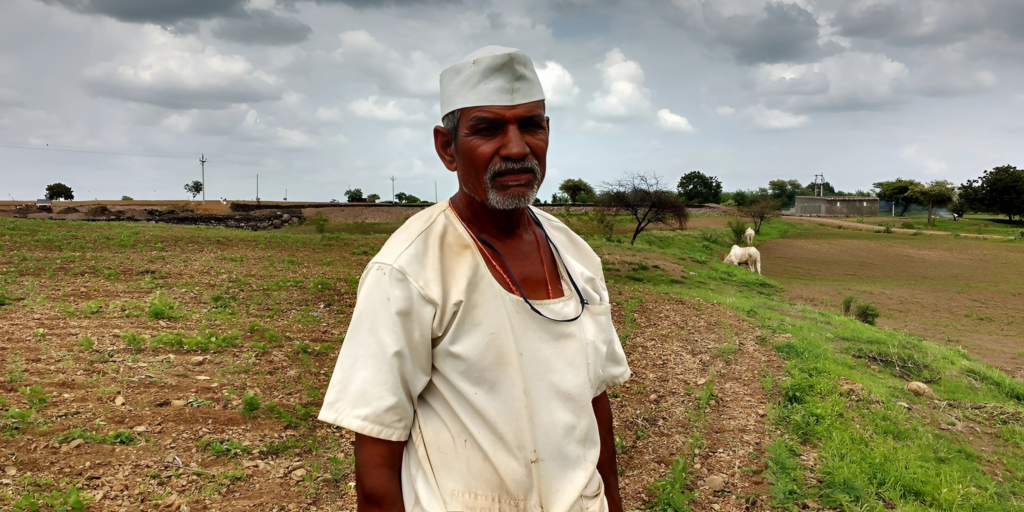Maharashtra’s agricultural sector is experiencing a significant increase in bad debts, leading to renewed calls for farm loan waivers. Several interrelated factors contribute to this financial distress:
Escalating Input Costs and Declining Crop Prices
Farmers are grappling with rising expenses for essential inputs like fertilizers and pesticides. Concurrently, market prices for key crops, such as soybeans, have consistently fallen below the government-declared Minimum Support Price (MSP) since 2021, eroding farmers’ profitability.
Adverse Weather Conditions and Climate Variability
Unpredictable weather patterns, including erratic rainfall and droughts, have adversely affected crop yields. These climatic challenges reduce agricultural output, diminishing farmers’ incomes and their capacity to repay loans.
Surge in Non-Performing Assets (NPAs) in Agricultural Lending
Data indicates a 42% rise in bad loans under the Kisan Credit Card (KCC) scheme over four years, with NPAs reaching ₹97,543 crore by December 2024. This trend underscores the growing financial strain within the farming community.
State’s Fiscal Constraints Limiting Loan Waiver Capacity
Maharashtra’s financial health has deteriorated, with a record-high debt of ₹9.3 lakh crore and a revenue deficit of ₹45,891 crore for 2025-26. This fiscal strain hampers the government’s ability to implement new farm loan waivers.
Political Promises and Farmer Expectations
Political parties often promise loan waivers during elections, raising farmers’ expectations. However, delays or failures in fulfilling these promises have led to disillusionment and financial distress among farmers.
Increased Reliance on Institutional Credit
To avoid high-interest rates from private moneylenders, farmers increasingly depend on institutional credit. While crop loans up to ₹3 lakh have been interest-free since 2021, repayment within 11 months is mandatory. Failure to repay on time results in the loan being classified as outstanding.
Conclusion
The convergence of rising input costs, climate challenges, increased NPAs, fiscal constraints, and unmet political promises has intensified financial distress among Maharashtra’s farmers. Addressing these issues requires comprehensive policy interventions, including sustainable agricultural practices, effective financial management, and fulfillment of support commitments to ensure the sector’s resilience and farmers’ well-being.

